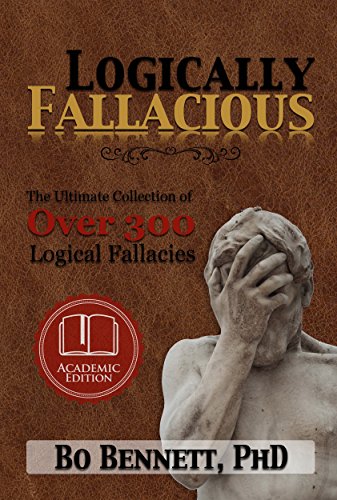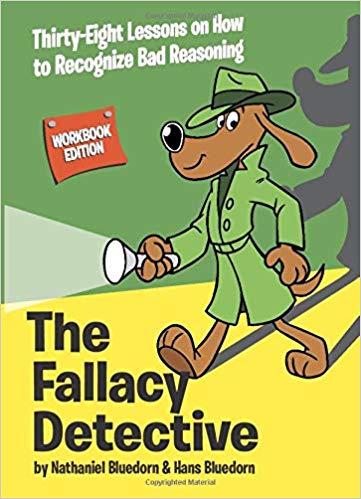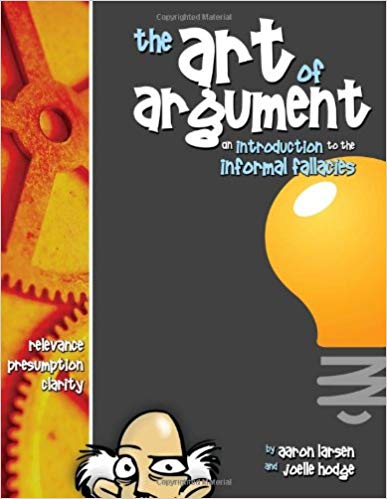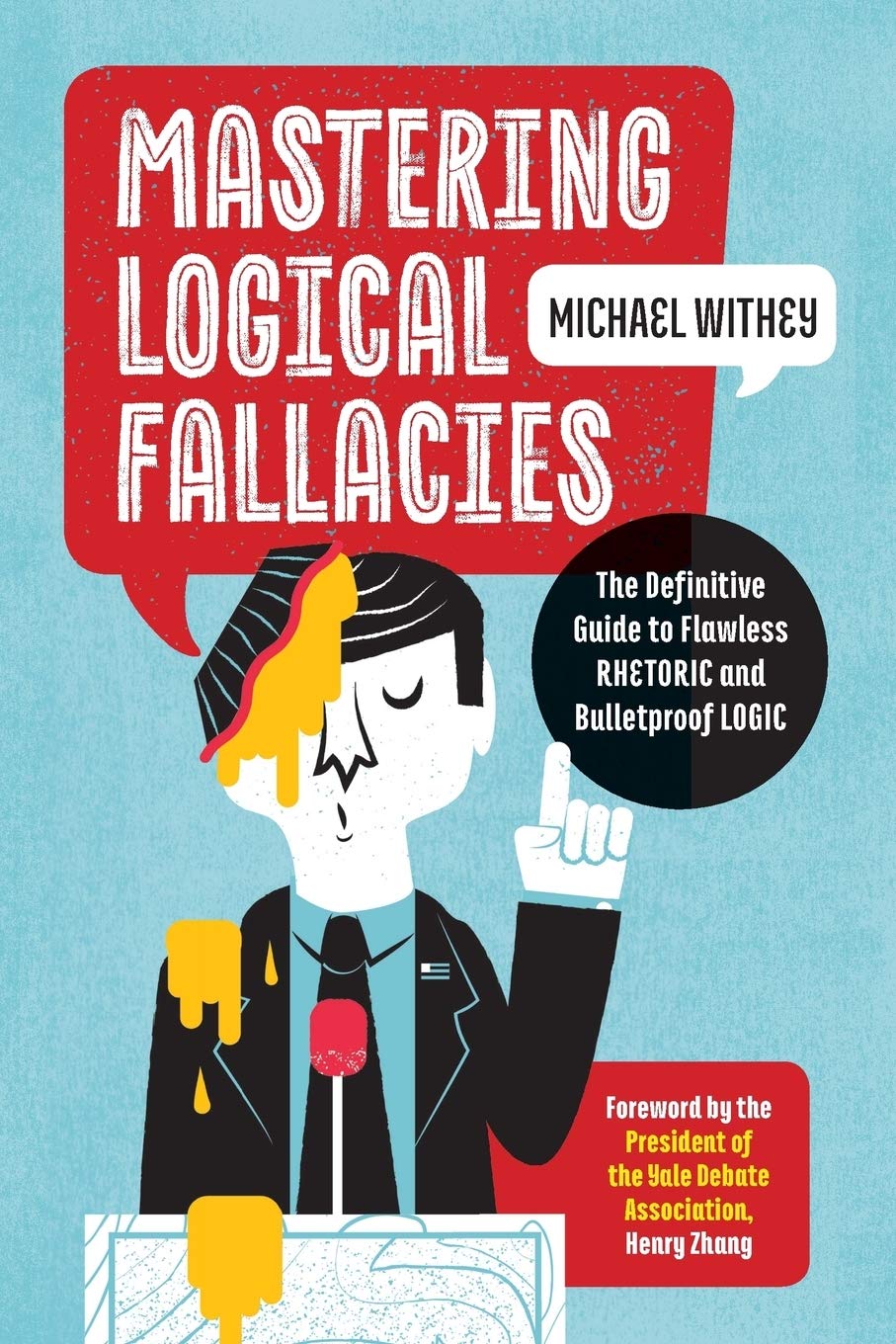
Appeal to Emotion
The fallacy of appeal to emotion makes a claim based on sympathy or empathetic instead of just or logical grounds.
Example of Appeal to Emotion
- Sarah did not want to eat liverwurst for dinner, but he mother told her to think of all the starving children in the world who do not have food at all.
Sarah eating (or not eating) her food has no bearing on starving children in another part of the world. - Almost every commercial is an appeal to emotion. A cereal commercial shows kids enjoying their breakfast with a happy mom in the background.
The commercial is supposed to make parents think that if they get this cereal their kids will just sit down and have their breakfast without running around and driving them crazy.

Books About Logical Fallacies
A few books to help you get a real handle on logical fallacies.





Appeal to EmotionExtended Explanation
The Appeal to Emotion fallacy is a type of logical fallacy which occurs when an argument is made that is based primarily on emotion or feelings, rather than facts and logic. This fallacy is often used in an attempt to manipulate the audience into accepting a particular argument or position, regardless of its validity or truthfulness. This type of fallacy is also known as an “emotional appeal” or “argumentum ad passiones.” An Appeal to Emotion fallacy is often used to make a particular argument seem more compelling and persuasive, even if the argument itself has no logical merit. For example, a speaker might use emotionally charged language and imagery to evoke fear and outrage in their audience, in an attempt to convince them of a particular point of view. This type of manipulation of emotion is often used to distract the audience from the actual facts and evidence of the argument. In addition to the use of emotionally charged language, an Appeal to Emotion fallacy can also involve the use of personal anecdotes or stories which are intended to evoke a strong emotional response in the audience. For example, a speaker might tell a story about a tragedy that happened to someone they know, in the hopes of convincing the audience to accept their argument. The Appeal to Emotion fallacy is a common form of logical fallacy, and it is often used in political debates, advertisements, and other forms of persuasive writing. It is important to be aware of this type of fallacy and to recognize when it is being used in order to ensure that arguments and decisions are based on facts and evidence, rather than emotion.